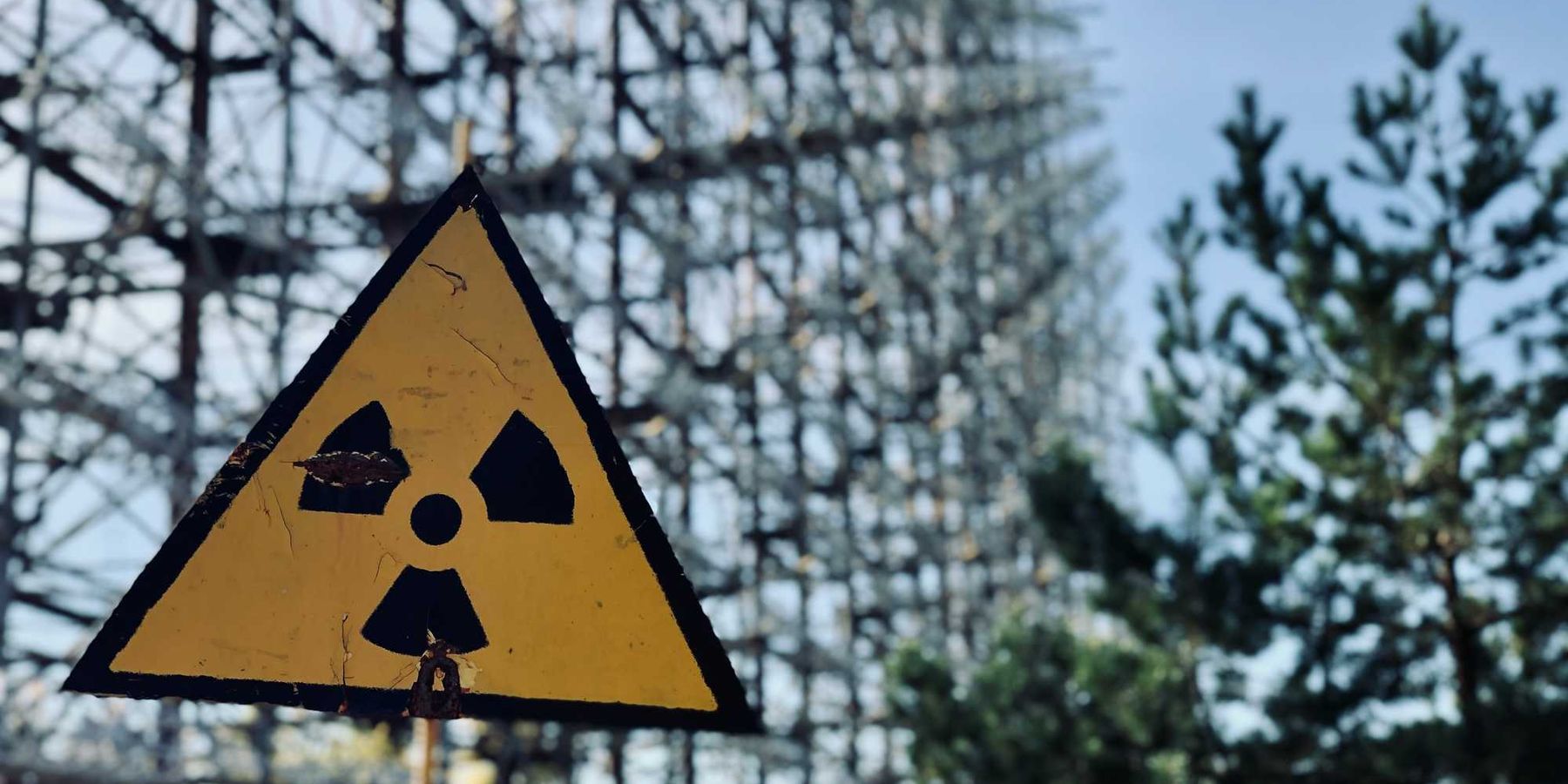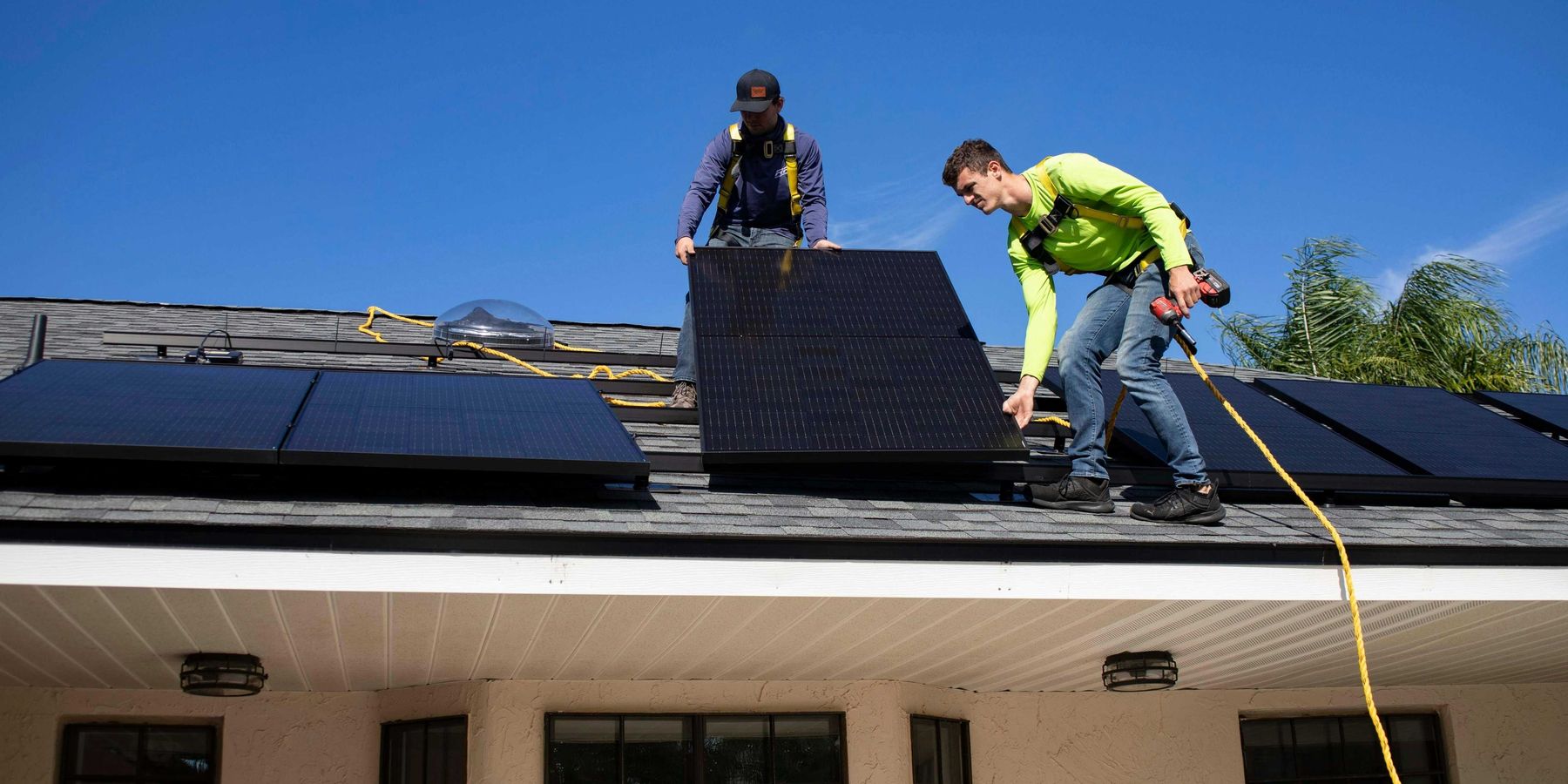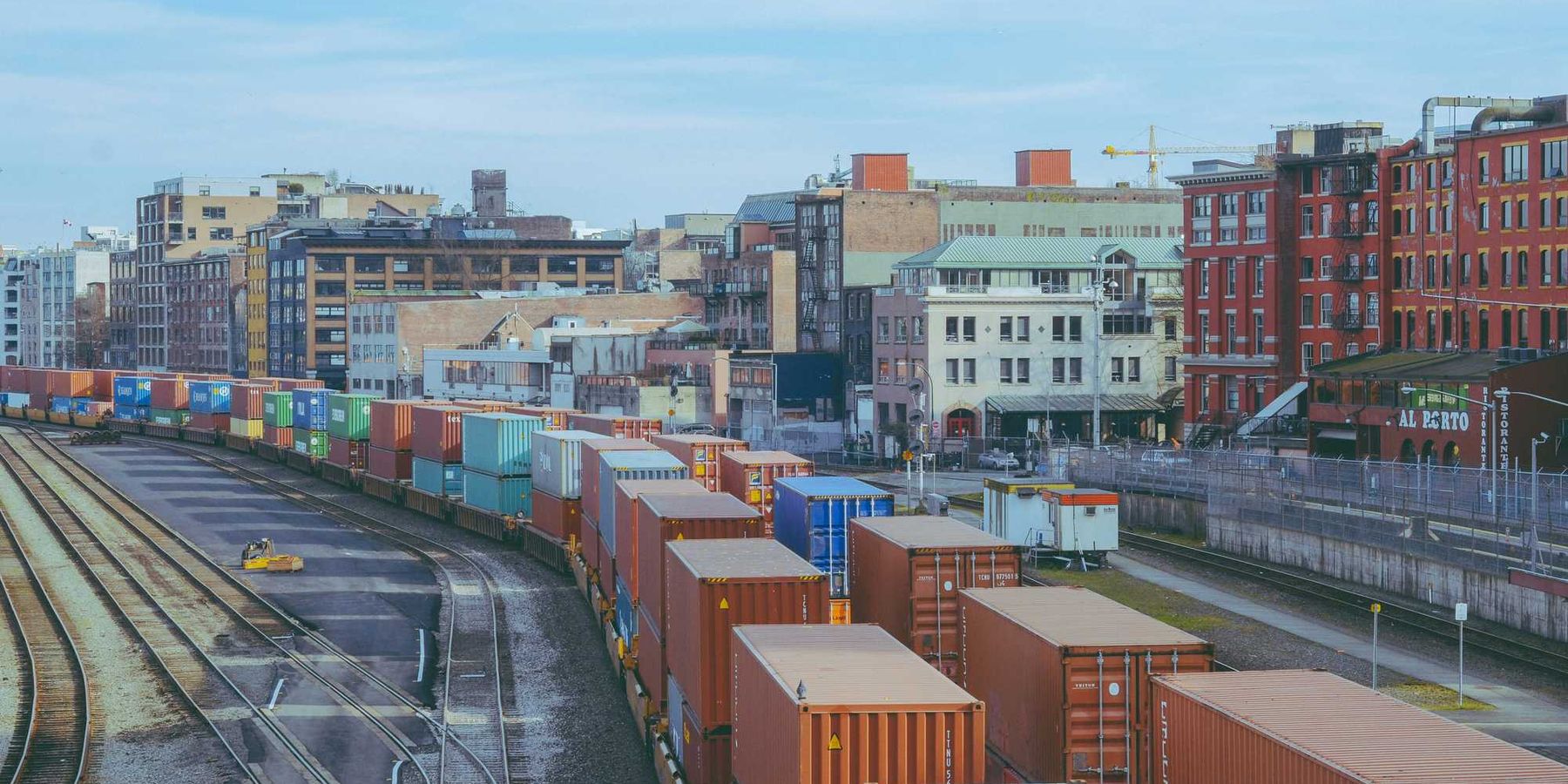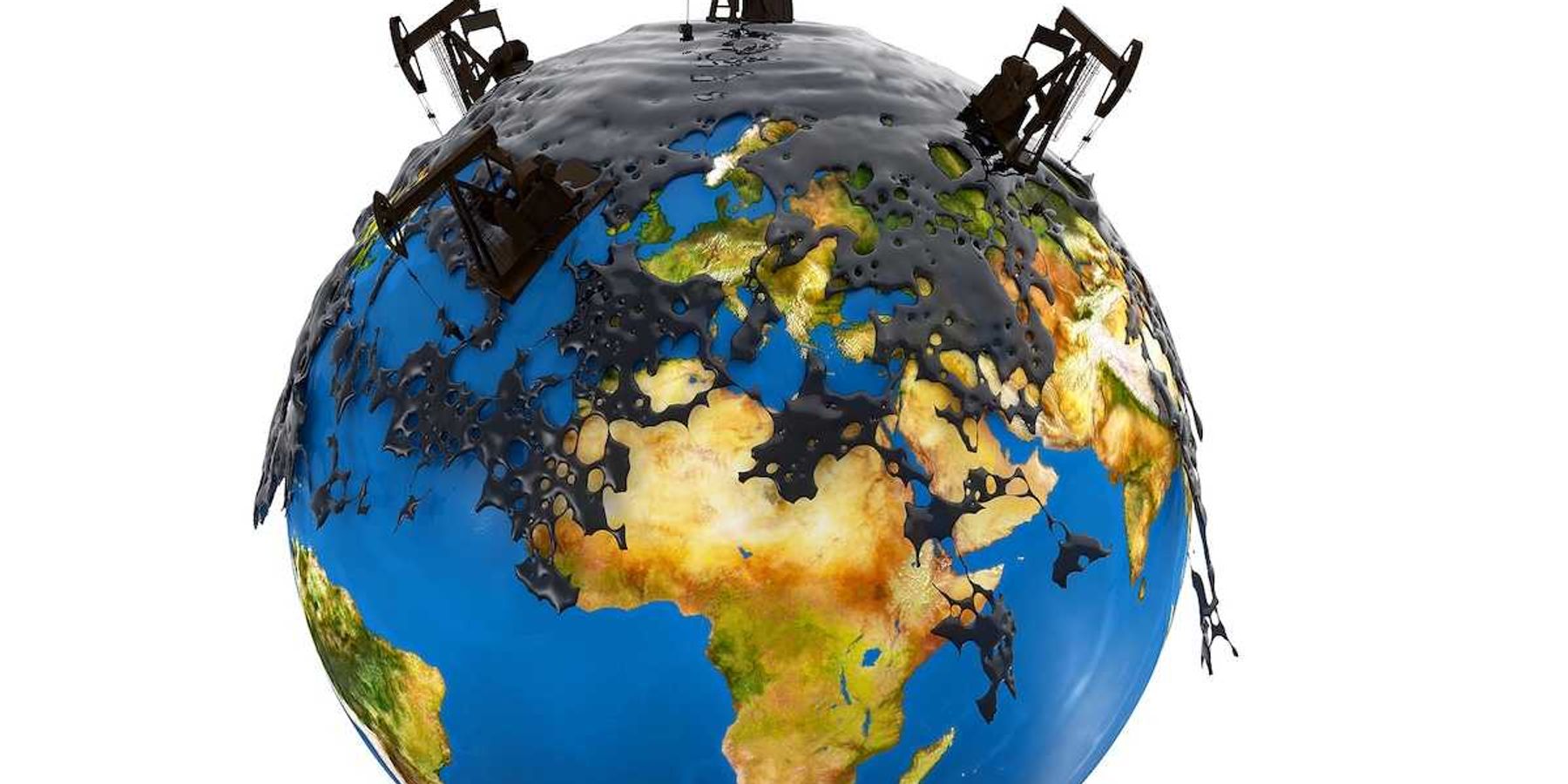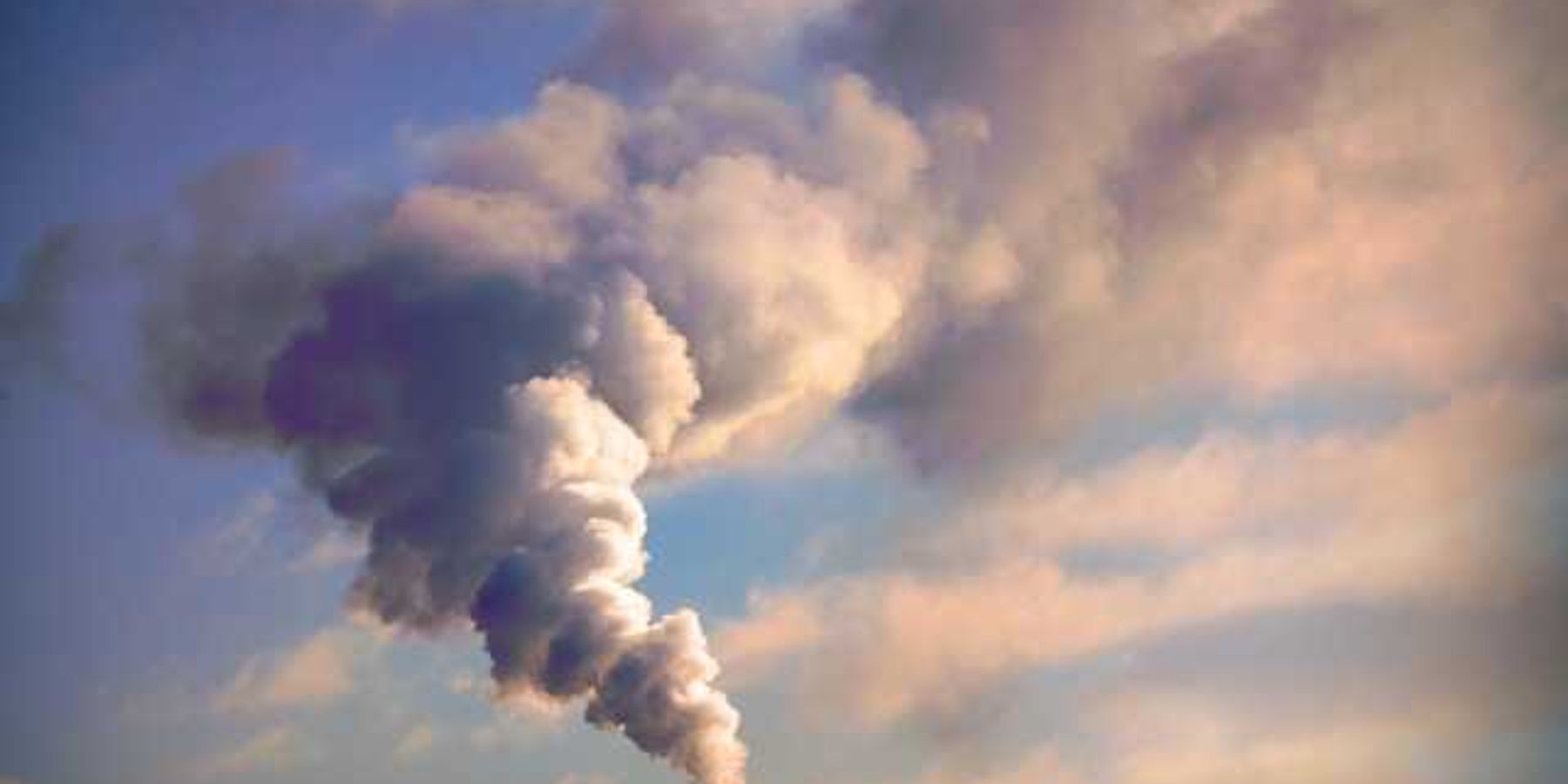Learning about flood damage through social connections can impact your climate change readiness
A study reveals that social ties influence flood insurance uptake after major hurricanes, highlighting the role of social learning in climate preparedness.
Erin Blakemore reports for The Washington Post.
In short:
- Researchers analyzed flood insurance trends post-Hurricanes Harvey and Irma, using the Facebook Social Connectedness Index.
- Areas with strong social ties to flooded regions saw significant increases in new flood insurance policies.
- The study suggests leveraging social learning to enhance climate change awareness and mitigation efforts.
Key quote:
"Our evidence of social learning suggests that a short episode of a regional climate disaster can stimulate persistent adaptation behavior in the entire social network up to 3 years after the disaster."
— Study authors
Why this matters:
These findings suggest that individuals are more likely to secure flood insurance if they observe friends, family, or neighbors doing so, emphasizing the influence of social learning on climate preparedness. As flooding risks rise, leveraging social connections could boost community resilience and adaptation.
Related:

